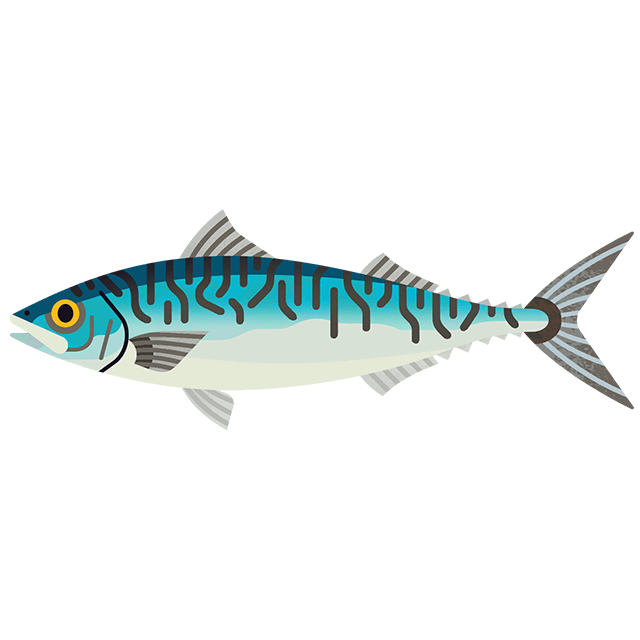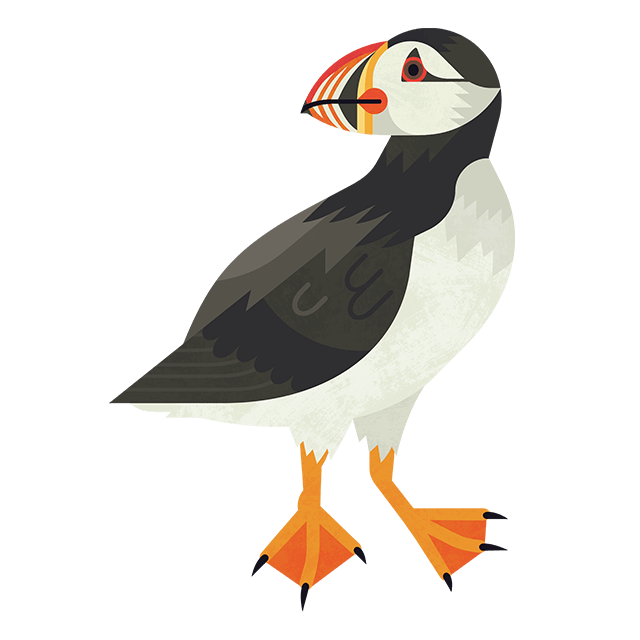
Resolutions for an ocean-friendly 2022
3 minute read
In 2022 concern for the climate and the health of the planet has never been higher. Make your New Year resolutions ocean-friendly and play your part in making a difference.
Four in 10 people said climate, environment and pollution were a major issue for Britain in a recent poll* - the highest ever score for the topic since it was included in Ipsos MORI’s issues index in October 1988.
62% of people in a recent survey said they were very or extremely concerned about plastic pollution in the UK**, it’s understandable that we want to play our part in fighting it.
The ocean is one of our greatest tools in fighting the climate crisis, so we're suggesting five ocean-friendly resolutions for you take to help play your part in protecting our blue planet.
Take action to help clean up the ocean

Credit: Andrew Brown
Our Beachwatch project operates year-round.
Beach cleans are available to join as a volunteer, or organise for friends, family or colleagues. Volunteers collect litter and record what they find, feeding into more than 25 years of data collection to support our campaigning work.
To make a real difference to the state of the UK’s seas, make a resolution to help clear up the coast with the Marine Conservation Society.
Find more details, and a beach clean near you, here.
64
cigarette butts found per 100m of Welsh beach in this year's Great British Beach Clean
80
%
of litter picks found PPE in 2021
75
%
of all litter collected in this year's beach clean was plastic or polystyrene
Go 'climatarian'
Looking carefully at where your food comes from and choosing sustainable options, is an impactful way to reduce your impact on the environment. If you're buying seafood (or meat or dairy), be sure to shop mindfully. Consider how it was caught or farmed and where.
The Good Fish Guide is easy-to-use to search for the most sustainable seafood options; choose seafood rated green on the guide to minimise impact on the ocean and help protect blue carbon stores.
The Guide is downloadable, from www.mcsuk.org/goodfishguide, and available offline.
Some low carbon seafood options include:
- UK farmed shellfish like mussels
- Handline-caught mackerel (from southwest UK)
- Anchovies from northern Spain
Become a citizen scientist

Credit: Anna Starley
Getting involved in projects which provide data and insight to scientists is a fantastic way to proactively help protect the ocean and planet.
Everyone can become a citizen scientist, and we've got plenty to get involved with:
- Big Seaweed Search: seaweed tells scientists a lot about the state of the sea. By learning what species of seaweed can be found where around the UK coast, scientists can better understand things like ocean warming and acidification. Simply download the survey form, head to the coast and identify what seaweed you see.
- Wildlife sightings: amazing wildlife is regularly spotted around the UK, and identifying what animals are coming to our shores really helps scientists understand the impacts of climate change on wildlife. If you see jellyfish or turtles when at the coast, let the us know via this sightings page.
Research has shown that time by the sea brings real benefits for our health and wellbeing. Spending more time by the sea, or looking after it, is a resolution that not only supports the fight against the climate crisis, but also supports physical and mental wellbeing.
Explore the Our Blue Heart project, and find ways to get involved at the coast.
Join a community of ocean optimists
By supporting us at the Marine Conservation Society, members help us fight for the future of the ocean.
Our campaigns, supported by members, have had real results on the health of the ocean. Thanks to data gathered by volunteers, and policies campaigned for by members, there’s been a 55% drop in plastic bags on UK beaches since charges were introduced in 2011.
Dive (or snorkel) in!
Our Seasearch programme works with volunteer divers and snorkellers in UK and Irish seas and offers an exciting way to learn about marine life while playing a part in protecting and restoring the ocean.
Volunteers collect information about habitats, plants and animals underwater, and help track the health of the ocean.
Seasearch offers training at different levels, from absolute beginners to experts so anyone can get started or extend their skills.
Training provides the skills to be a biological recorder (Seasearch is not a dive school). Once trained, volunteers can collect records independently or on organized trips.
To learn more about Seasearch, please visit www.seasearch.org.uk










